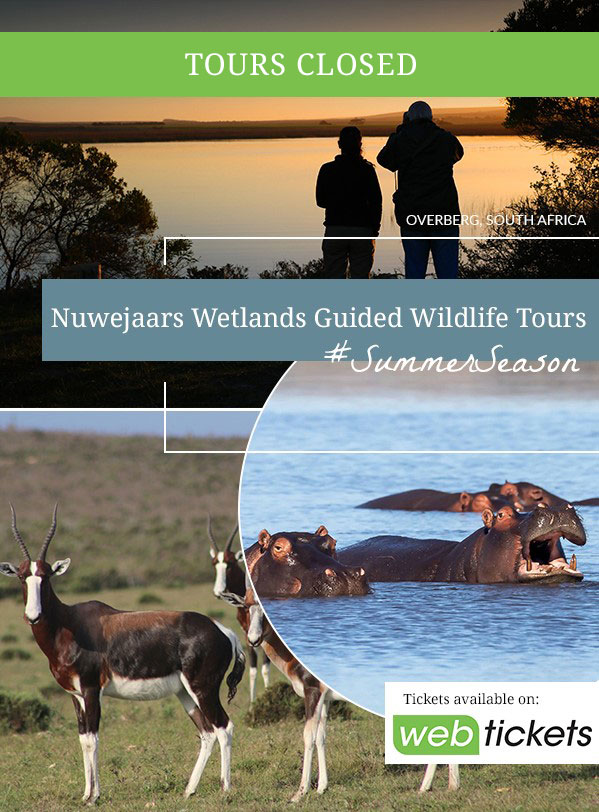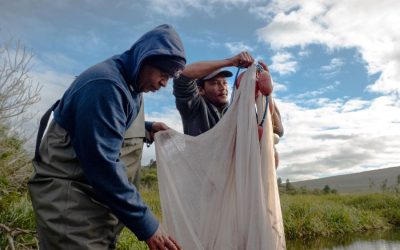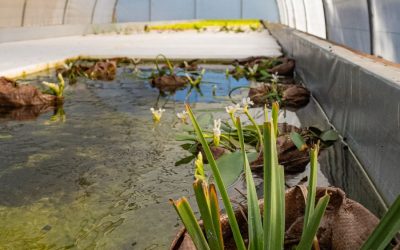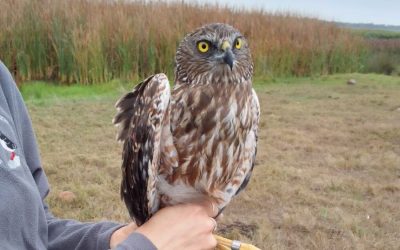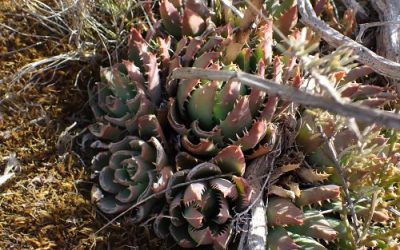
Protecting and restoring waterscapes on the Agulhas Plain
Close to the southern tip of Africa, people and wildlife depend on an intricate and highly irreplaceable water network.
The Nuwejaars wetlands, and the rivers and underground water arteries that feed them, are at the heart of this network.
A group of worried landowners and Agulhas Plain residents in South Africa saw how these wetlands started disappearing. And how nature and people suffered.
And so we formed the Nuwejaars Wetlands Special Management Area.
Today 26 landowners and the town of Elim work together over 47,000 hectares on private land in the Overberg region, to protect our water systems and the biodiversity-rich landscapes all around them. We’re creating a connected landscape where wetlands, wildlife and fynbos are protected and restored, while supporting local livelihoods.
Making the ultimate commitment for nature
We’ve committed to conservation and sustainable farming by signing title deed restrictions. That means that we’ll forever protect this biodiversity hotspot, while still supporting food security in South Africa through our sustainable farming practices.
We achieve this through our not-for-profit company, called the Nuwejaars River Nature Reserve. The goal? To build one functioning ecosystem where nature can thrive, wetlands can recover and people can benefit through green employment opportunities.

CONSERVE
EDUCATE
INSPIRE
You’ve got to see this area for yourself.
If you love the outdoors, the Nuwejaars Wetlands Special Management Area (NWSMA) is a must-visit, offering a special natural world – including threatened animals and Critically Endangered fynbos and renosterveld. It’s a paradise for birders, with the Agulhas Plains birding project identifying more than 300 species. There are a range of places to overnight – from more rustic and private accommodation, to luxurious homes and cottages. The Nuwejaars Wetlands SMA members include wineries in the Agulhas Wine Triangle.
Tours CLOSED for the winter season
Morning Wildlife Tour
(R450/person, and R200 for children aged 12 and under; toddlers free)
Meet at the Black Oystercatcher at 8.30am, for a 3-hour trip through the Nuwejaars Wetlands SMA, including coffee and rusks – overseen by our trained guide.
Sunset Wildlife Tour
(R500/person, and R200 for children aged 12 and under; toddlers free)
Meet at the Black Oystercatcher at 5pm, for a 3-hour trip to a lovely, secretive lake, including sundowners at this sunset viewpoint. Hippos live in this lake, and could pop by for a visit (this trip is overseen by our trained guide).
Booking is essential
book@nuwejaars.com
076 833 6341
Why is the Agulhas Plain so important?
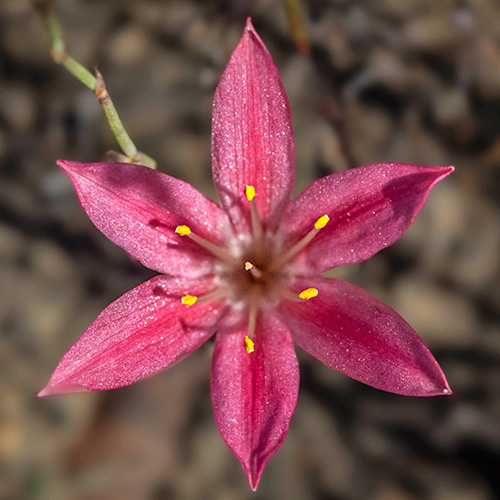
The Nuwejaars River and wetlands are at the heart of our NWSMA. In the natural landscape in between you’ll find special – and very threatened – fynbos and renosterveld, part of the Cape Floral Kingdom.
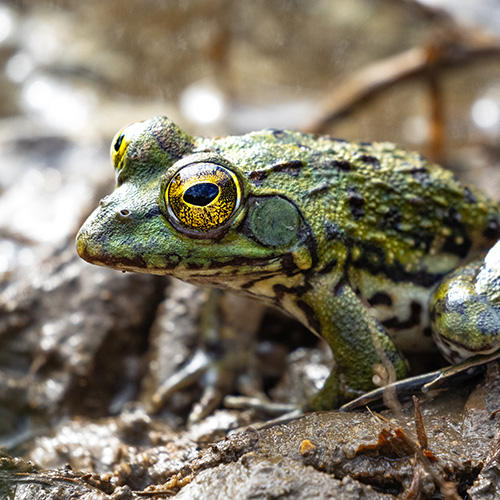

That includes Critically Endangered Agulhas Sand and Agulhas Limestone Fynbos, as well as Endangered Elim Ferricrete Fynbos. It’s home to plant species found nowhere else in the world, including newly discovered species.
This habitat also gives life to globally threatened species. Critically Endangered Micro Frogs, and freshwater fish species facing extinction, including Heuningnes redfins, occur here. Birds like the Southern Black Korhaan, African Marsh Harrier, Agulhas Long-billed Lark and Fynbos Buttonquail also thrive here.



That’s why the Nuwejaars Wetlands Special Management Area forms part of an Important Bird and Biodiversity Area, as well as a Critical Biodiversity Area. These rivers are also designated NFEPA rivers (National Freshwater Ecosystem Priority Areas).
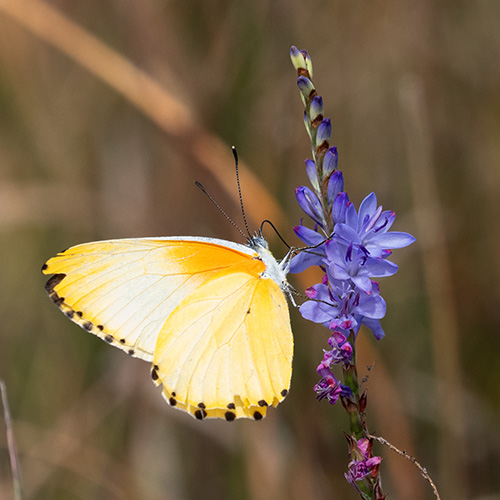
The Nuwejaars Wetlands Special Management Area is the original home of the Bontebok – once nearly extinct. Today it’s listed as Vulnerable, and is still in need of protection.
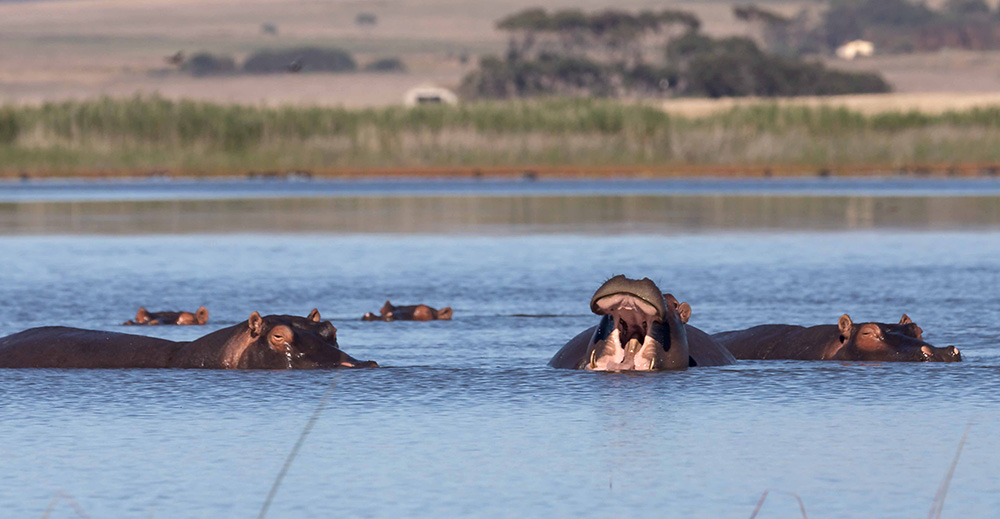
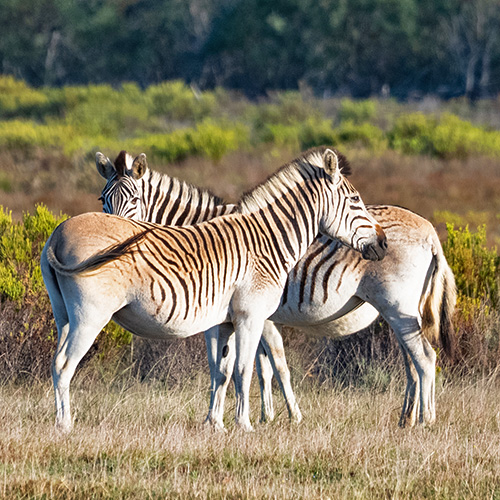
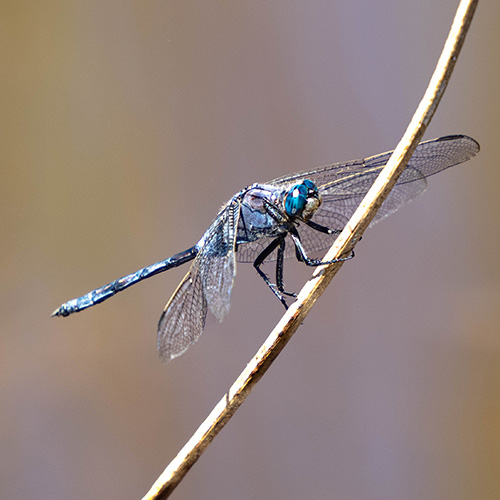

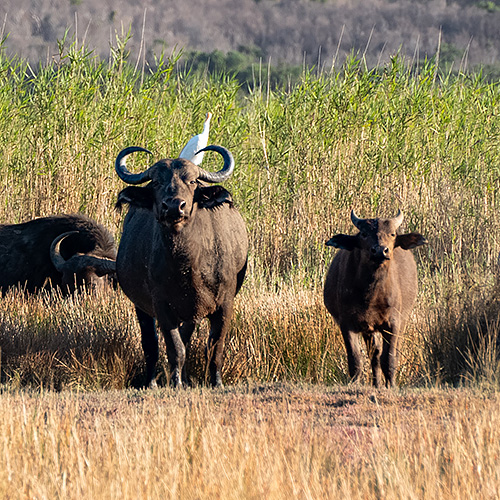
We’ve also reintroduced Buffalo, Hippo and Hartebeest – which once flourished on the Agulhas Plain but became locally extinct in past centuries.
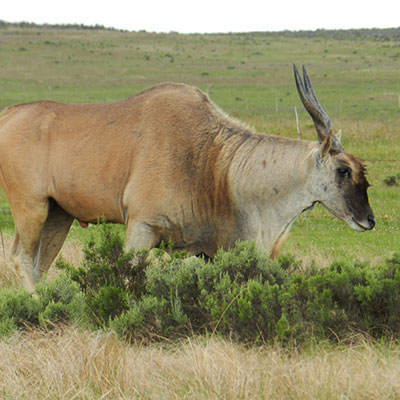

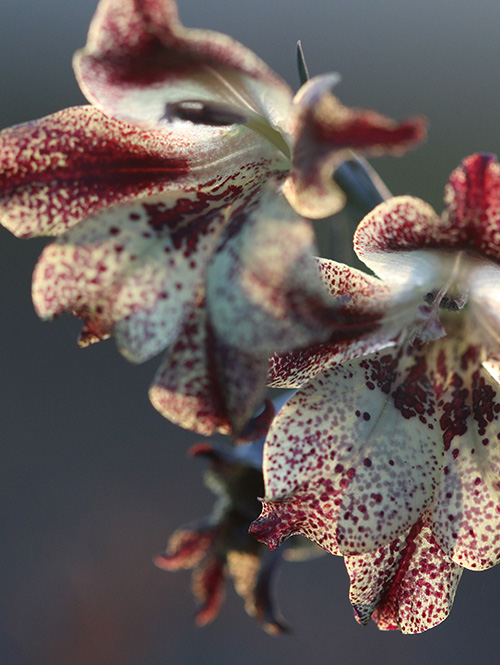
Come and hike on the Nuwejaars Wetlands
A new walking trail has been launched on the Nuwejaars Wetlands Special Management Area. The easy 4.2km African Marsh Harrier Trail starts at Zoetendal Vineyards close to the town of Elim, and leads you through the wetlands, over the Nuwejaars River, to a number of hidden-away birding spots. And you never know what you could see along this route, including the wonderful wetlands life, such as the miniature Micro Frog.
Conservation Highlights
A small fish, a big comeback: Creating sanctuaries for Heuningnes redfin
A rare little fish once swam confidently through the peat-stained waters of the Nuwejaars River and its tributaries – its red fins a sign of a healthy ecosystem.
Making a splash: Aquaponics for restoration in the Nuwejaars
South Africa’s wetlands are vanishing. Once widespread and thriving, it’s now estimated that only around 3% of the country’s original wetlands remain.
The silent storytellers of the skies
Each time a bird is carefully held in a ringer’s hand and fitted with a small, uniquely numbered metal band, a quiet story begins – one of understanding survival and adaptation. But what exactly do we learn from bird ringing and why does it matter?
Restoring our Overberg waterscapes – Your vote can be the difference
The Nuwejaars River Nature Reserve is on the brink of something extraordinary. But we need your help! Only projects with the most votes receive funding, and so your vote could be the key to securing this restoration support.
Island hopping for wildlife: Three patches protected
The Nuwejaars Wetlands Special Management Area consists of vast stretches of wetlands, rivers and natural areas. In between, transformed lands are farmed – with our region serving as the breadbasket of the Western Cape.
A ‘char’-ming solution to a deep-rooted challenge
When life gives you lemons, you make lemonade. But what do you do when you’re given hectares of invasive alien plants? Well, you make biochar. Biochar itself has exceptional properties.
Every day we ...
Develop nature opportunities
Sustainable business for conservation
Objective 4: Unlocking nature’s value through responsible development
Practice sustainable agriculture
Sustainable agriculture in harmony with nature
Objective 5: Developing a best practice model for eco-friendly farming
Showcase the area
Communication, marketing & awareness
Objective 6: Building support for conservation through outreach and education

